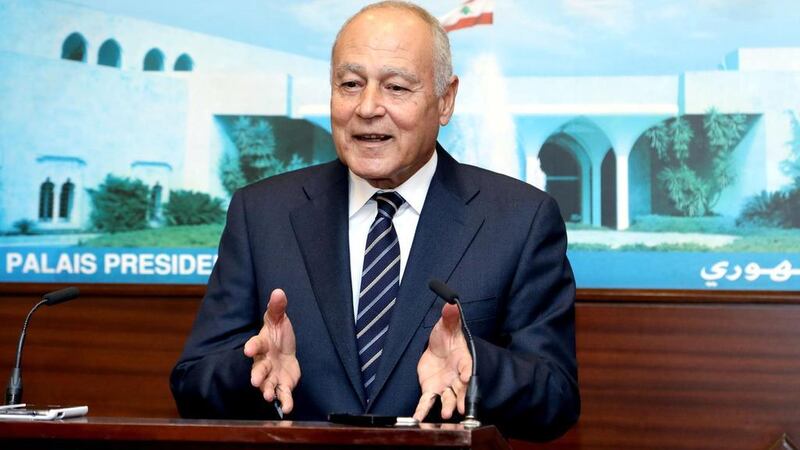On Sunday, leaders of 22 Arab nations will descend on Dammam, the capital of Saudi Arabia’s Eastern Province, to participate in the 29th Arab League Summit. Foreign ministers of member states began deliberations in Riyadh on Thursday in preparation for Sunday’s summit, where some of the most contentious issues plaguing the region at this crucial moment in history will come up for discussion. The last time Saudi Arabia hosted the Arab League was in 2007, when participants overwhelmingly reaffirmed the Arab Peace Initiative, a proposal first adopted in 2002 for a permanent resolution to the Arab-Israeli conflict premised on the principle that “conflict will not achieve peace or provide security”. Israel spurned the offer, and has spent the past decade intensifying both its colonisation of Palestinian territories and its violence against Palestinians.
US recognition of Jerusalem as Israel’s capital in contravention of international law and the ongoing massacres by Israeli forces of peaceful protesters in Gaza make it all the more important to stand up for the Palestinian cause. Then there is Iran, a persistent threat to the region’s security. On Wednesday night, Saudi Arabia shot down yet another missile fired at Riyadh by the Houthi rebels, through whom Tehran has turned Yemen into a launch-pad for its missiles against Arab states. The Iranian menace is compounded by the intrusions into Arab states by Turkey’s antagonistic president, Recep Tayyip Erdogan. Qatar has also sought to deepen divisions in the region. Rather than show remorse for its support for terrorism in neighbouring states, it has inched closer to Iran. By contrast, as Dr Anwar Gargash, Minister of State for Foreign Affairs, said in a tweet this week, the Arab League seeks to develop “common positions” to promote stability. The League has extended an invitation to Doha and this summit is an occasion for its leaders to reconsider their actions, which have imperilled the security of fraternal states while aiding the enemies of the Arab world.
As the US and its partners prepare for military action against the regime of Syrian president Bashar Al Assad, who was suspended from the Arab League in 2011, and as Libya strives to emerge from its long war, the challenges before the organisation might seem overwhelming. But there is cause for optimism. Saudi Arabia’s Crown Prince Mohammed bin Salman has energised his kingdom, and the region, with his modernisation drive. His tour of the US and Europe, which concludes this week in Spain, has offered a compelling picture to the world of all that can be achieved in the Middle East through co-operation. The Arab world and the wider Middle East are an area of contest between this vision and the malign designs of others. The Arab League meets at a time of great difficulties, but also at a moment of great clarity.





